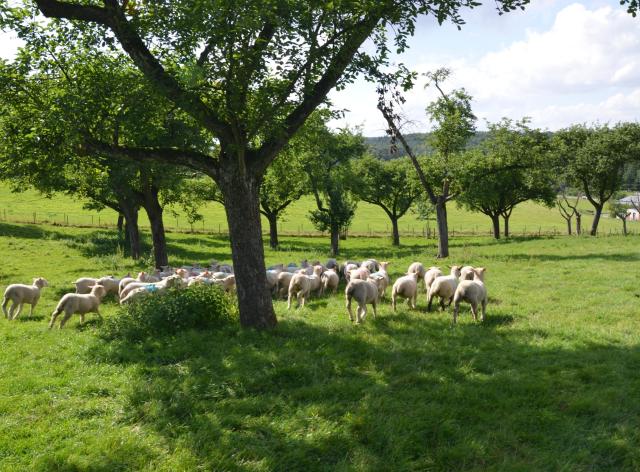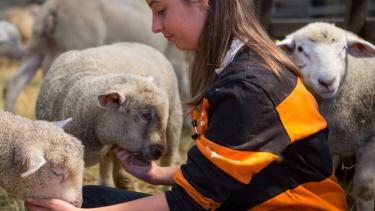Research in the Department of Veterinary Medicine aims to improve human medicine by addressing research questions in animal models. The emphasis is on the dynamic of "better understanding of mechanisms/improved diagnosis/better management". The connection to the players in the field is fundamental (medical specialists, pharmaceutical partners and political decision-makers).
There are several areas of focus:
- Osteoarticular pathologies in humans and animals, improving diagnosis and understanding the mechanisms underlying the development of these pathologies.
- Virology with the study of the development of cancers associated with viral infections and studies on mechanisms underlying the evolution of viruses.
- Ethology, which focuses on animal welfare and the "human-animal" relationship.
- Neonatalogy, which is the science of the newborn, with the study of the ovine model.
Integrated Veterinary Research Unit (URVI)
This unit brings together and integrates the expertise of researchers in anatomy, surgery, physiology, ethology and cell biology around a central theme: animal patho-biology. The questions raised range from the molecule to the whole animal. The unit has laboratories and an experimental station with a flock of 400 ewes at the Centre de recherches ovines (CRO) on the Haugimont estate. URVI collaborates closely with other teams as part of the research carried out within the NARILIS Institute (Namur Research Institute For Life Sciences).
Various topical projects are addressed
- The impact of Bluetongue and Schmallenberg virus infection on zootechnical and reproductive performance in sheep.
- The pathogenesis and treatment of osteoarticular pathologies in animals, as well as in humans, using animal models and state-of-the-art imaging techniques (Oasis - Omnibus Animalibus Studia SanitatIS).
- The dog's behavior and learning abilities, and the human-animal relationship.
- The role of microRNAs in the development of various pathologies using avian and ovine models.




